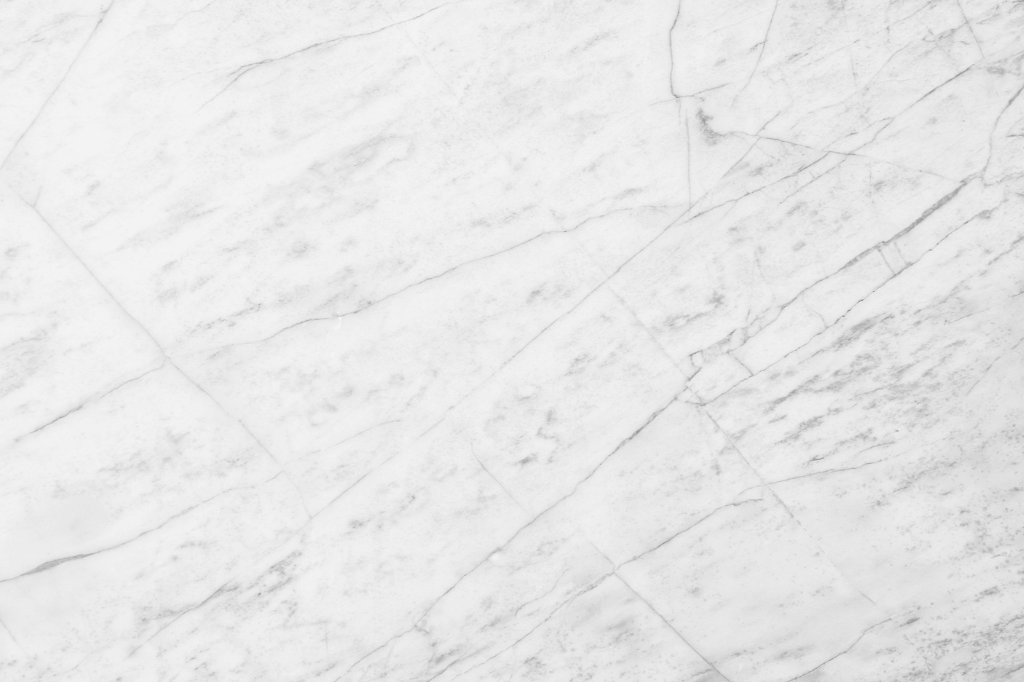
Quartz is an engineered stone made by combining crushed quartz minerals with resins and pigments. This controlled production process allows for consistency in colour and pattern, which reduces manufacturing complexity. Quartzite, by contrast, is a natural stone formed from sandstone under intense heat and pressure. Its natural formation leads to unique variations in appearance, but also makes it more difficult to quarry, cut, and polish.
Quartzite is typically more expensive due to its density and hardness, which require specialist tools and more time to process. Installers often charge higher rates for quartzite jobs because the material can dull blades and is more labour-intensive to shape and install. Quartz, being more predictable to work with, often results in lower fabrication and installation costs, even if the raw material is similar in price.
If cost is a deciding factor, quartz is usually more budget-friendly and practical for residential projects, especially kitchens and bathrooms. Quartzite may be worth the extra investment if you’re after a more natural, unique look and don’t mind the additional maintenance and upfront cost. In commercial applications or high-use areas, quartz often provides a better balance of durability, price, and consistency.
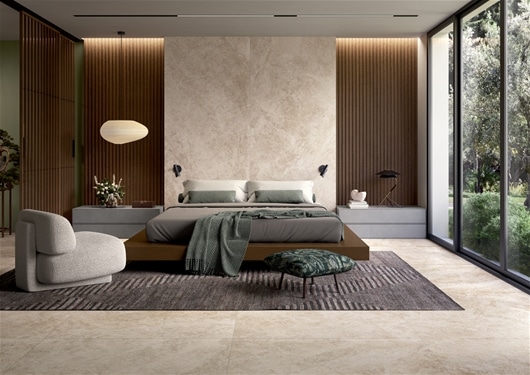
Engineered quartz, commonly used for worktops, is a manufactured product made from natural quartz particles combined with resins and pigments. It’s designed for durability, uniformity, and ease of maintenance. Quartz crystal, on the other hand, is a raw mineral that forms in naturally occurring hexagonal structures. These crystals are often transparent and are used in electronics, timepieces, and spiritual items.
Quartz worktops are practical and popular in kitchens, bathrooms, and commercial spaces because they are non-porous and stain resistant. Quartz crystal is not used in worktops because it lacks the structural bonding required to form slabs. Instead, it’s typically found in watches (as part of the timekeeping mechanism), in jewellery, or for ornamental and metaphysical purposes.
The confusion between the two arises because they share the same base mineral: silicon dioxide. However, they are used very differently in industry and home design. If you’re shopping for a new surface for your home, you’re likely looking for engineered quartz, not quartz crystal. Knowing this distinction can help you make informed decisions and avoid misleading product descriptions.

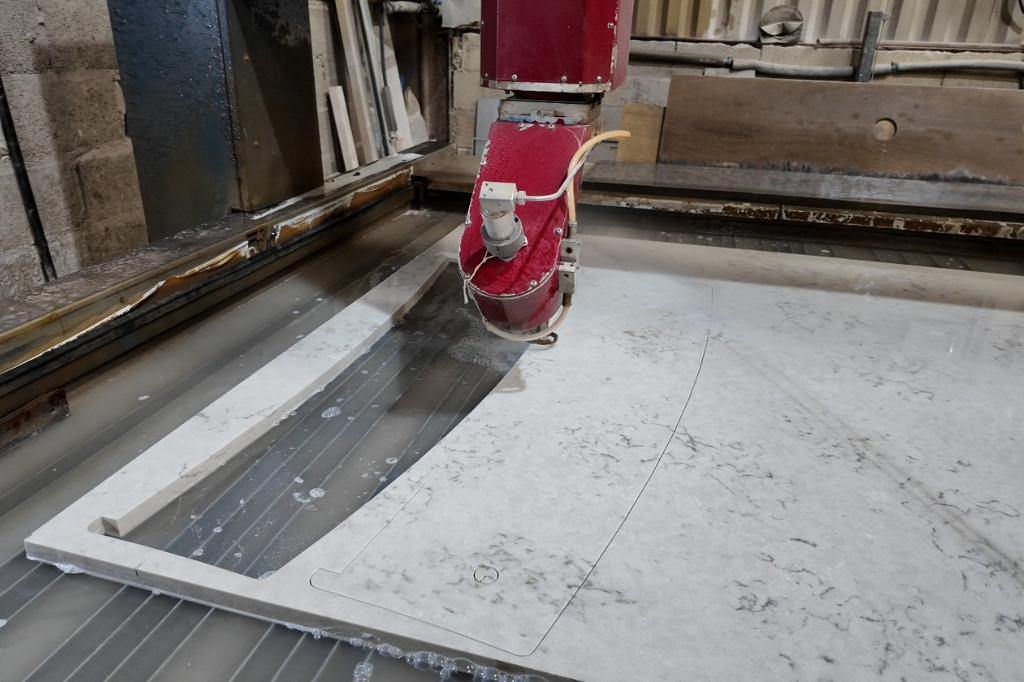
One of the key disadvantages of quartz countertops is that they can be sensitive to heat. Although quartz is highly durable, the resin used to bind it can scorch or discolour when exposed to high temperatures. This means you should never place a hot pan or pot directly on the surface — always use a trivet or heat-resistant mat.
Another limitation is that quartz is not recommended for outdoor use. Prolonged exposure to UV rays can cause discolouration or yellowing over time. Unlike natural stones like granite or certain porcelains, engineered quartz does not hold up as well in changing weather conditions, which can limit its versatility in garden kitchens or open terraces.
While some may appreciate the uniform look of quartz, others might see it as a drawback compared to the organic patterns found in granite or marble. Engineered quartz lacks the unique veining and texture variations of natural stone, which may not appeal to those looking for a one-of-a-kind surface. However, this uniformity also makes it easier to match across large areas.
One of the standout features of quartz is its visual consistency. Unlike natural stones such as marble or granite, quartz offers a uniform colour and pattern throughout each slab. This makes it ideal for modern interiors where a clean, cohesive look is desired — particularly in kitchens and bathrooms where symmetry and tone can define the space.
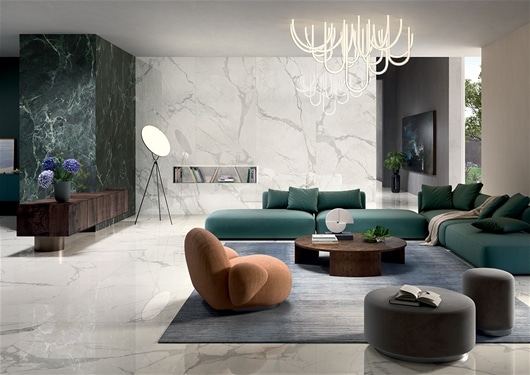
Quartz worktops are engineered for durability and are known to last for decades when properly maintained. The combination of natural quartz minerals and tough resin binders makes the surface highly resistant to scratches, chips, and everyday wear. Unlike some natural stones, quartz doesn’t need to be sealed or refinished over time, which contributes to its long-lasting appeal.
The non-porous nature of quartz means that it resists staining from food, drink, and household cleaning products. It also won’t absorb moisture, making it ideal for kitchens and bathrooms where spills and splashes are unavoidable. While it’s not indestructible, quartz stands up well to daily use in busy homes and commercial environments, and it’s unlikely to degrade or lose its finish for 20 years or more.
With proper care — such as using trivets for hot pans and avoiding harsh chemical cleaners — quartz worktops can easily outlast trends and remain in excellent condition for the life of your kitchen. Choosing quartz means investing in a reliable, attractive surface that doesn’t require regular upkeep, making it a cost-effective long-term choice.

Unlike natural stones like marble or granite, quartz does not require sealing. That’s because quartz worktops are engineered to be non-porous, meaning liquids and oils can’t seep into the surface. This quality makes them incredibly easy to clean and hygienic, as bacteria and mould have nowhere to settle.
Because the surface is sealed during the manufacturing process with resin, there’s no need for additional treatments. You can wipe it down with a damp cloth and mild soap — no special products or ongoing sealing schedules required. It’s this convenience that makes quartz a popular choice for family kitchens, commercial projects, and high-use environments.
At Stoneworld, we offer fully bespoke quartz worktops cut to fit your exact requirements. Whether you need a waterfall edge, integrated drainer grooves, or a cut-out for a specific sink or hob, our in-house fabrication team can deliver precision-finished quartz with a tailored look — no sealing, no fuss. This level of personalisation allows you to enjoy all the benefits of quartz with a design that’s made just for your space.
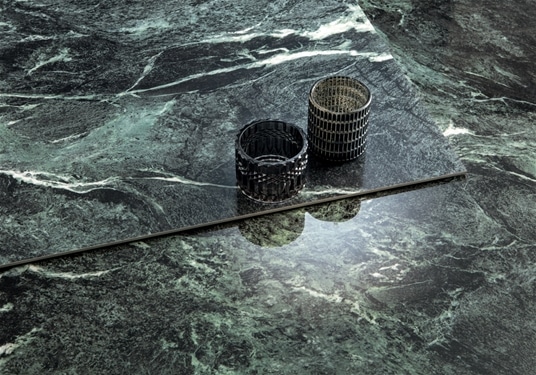
A polished quartz finish reflects light and creates a sleek, modern aesthetic — perfect for contemporary kitchens and bathrooms. Honed and textured finishes, on the other hand, bring a more natural, understated feel while still offering the same stain resistance and low maintenance quartz is known for.

Quartz is a reliable, low-maintenance choice for both residential and commercial spaces. It offers a clean, consistent look and stands up well to everyday use.
At Stoneworld, we cut and finish quartz to suit your exact needs — from kitchen worktops to bespoke bathroom surfaces. If you’re planning a project and need advice or a quote, get in touch or visit our showroom to see the options in person.
Fill out the form below or get in touch with our team:
01844 279274
sales@stoneworld.co.uk
We’re here to help with any questions or quotes.